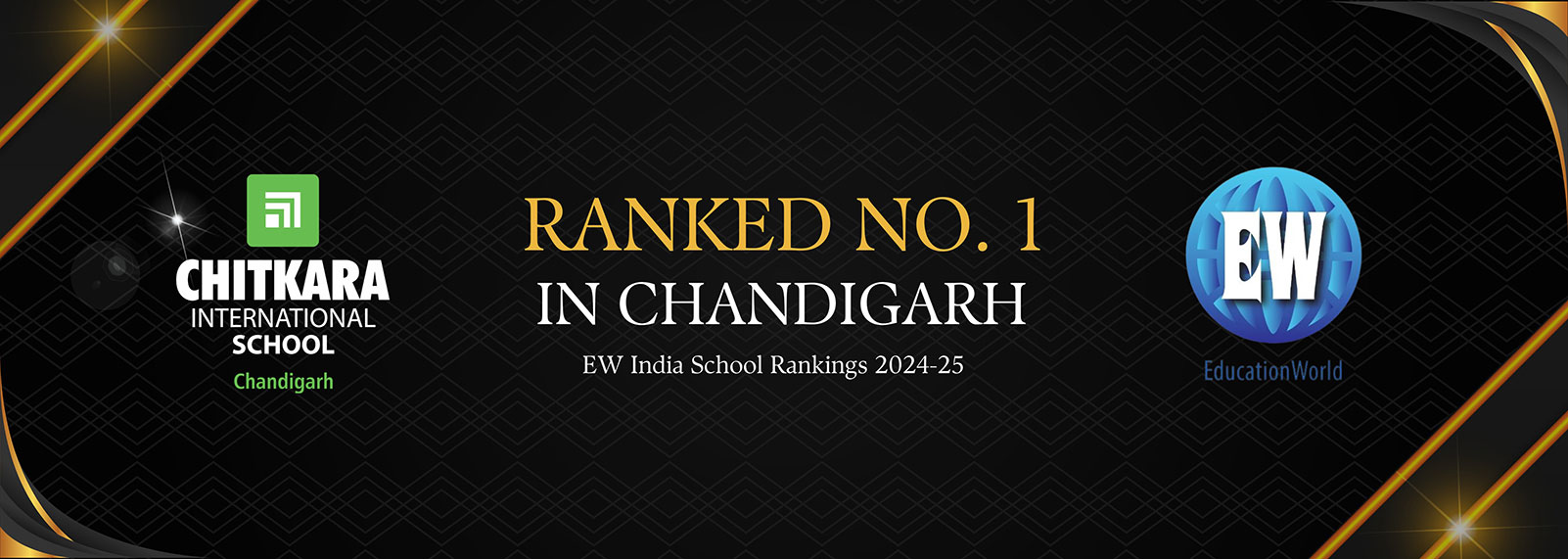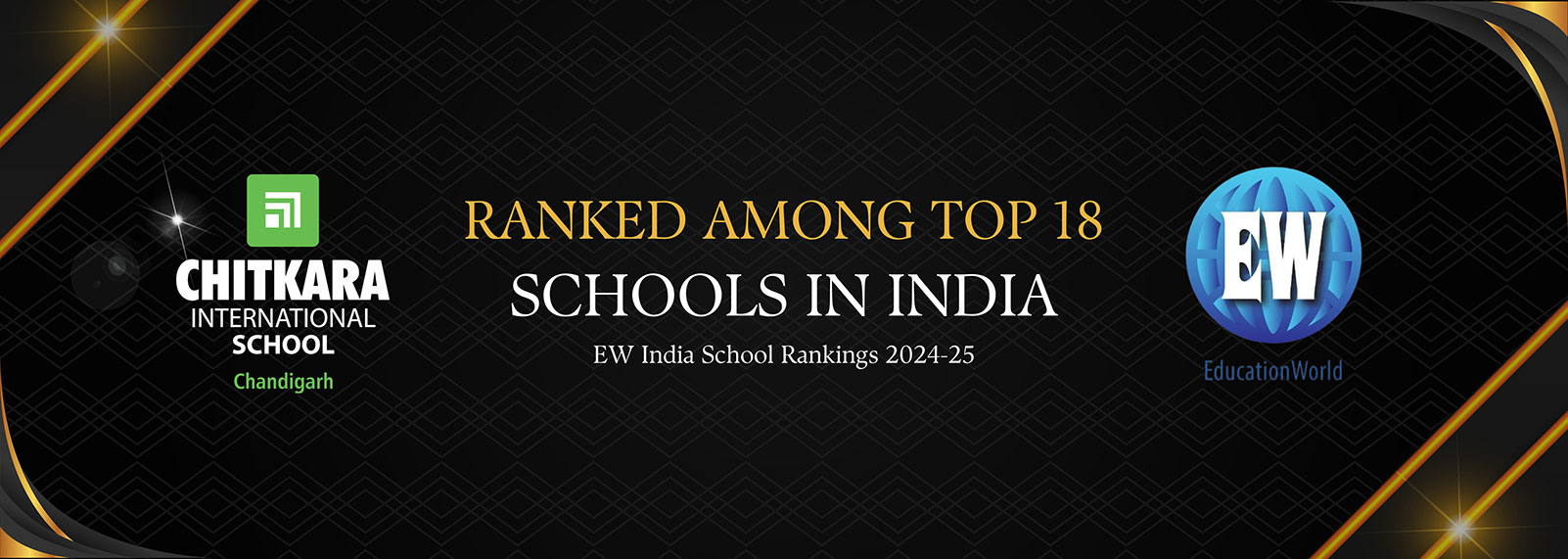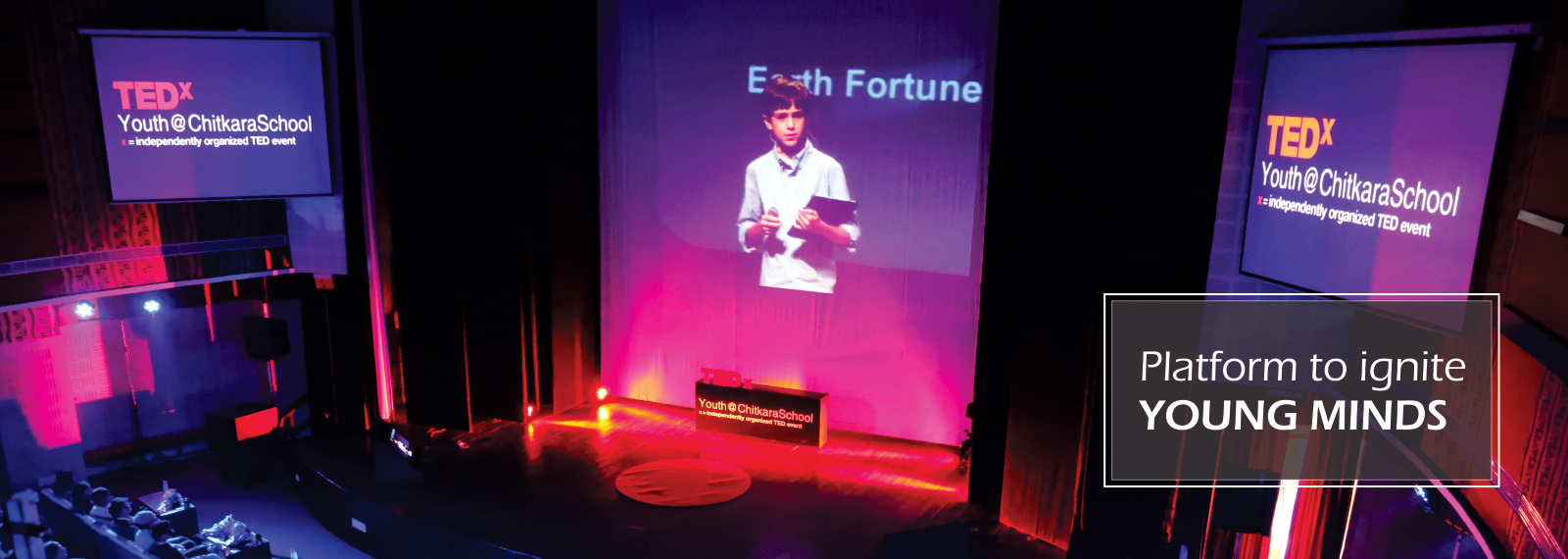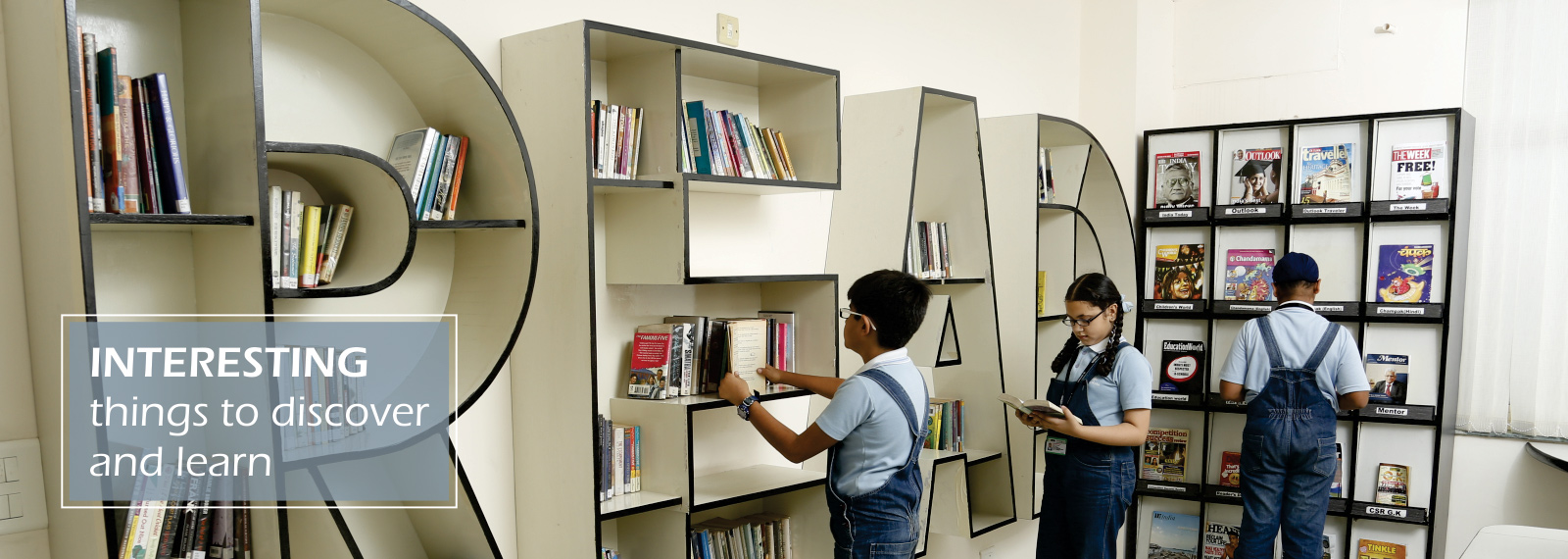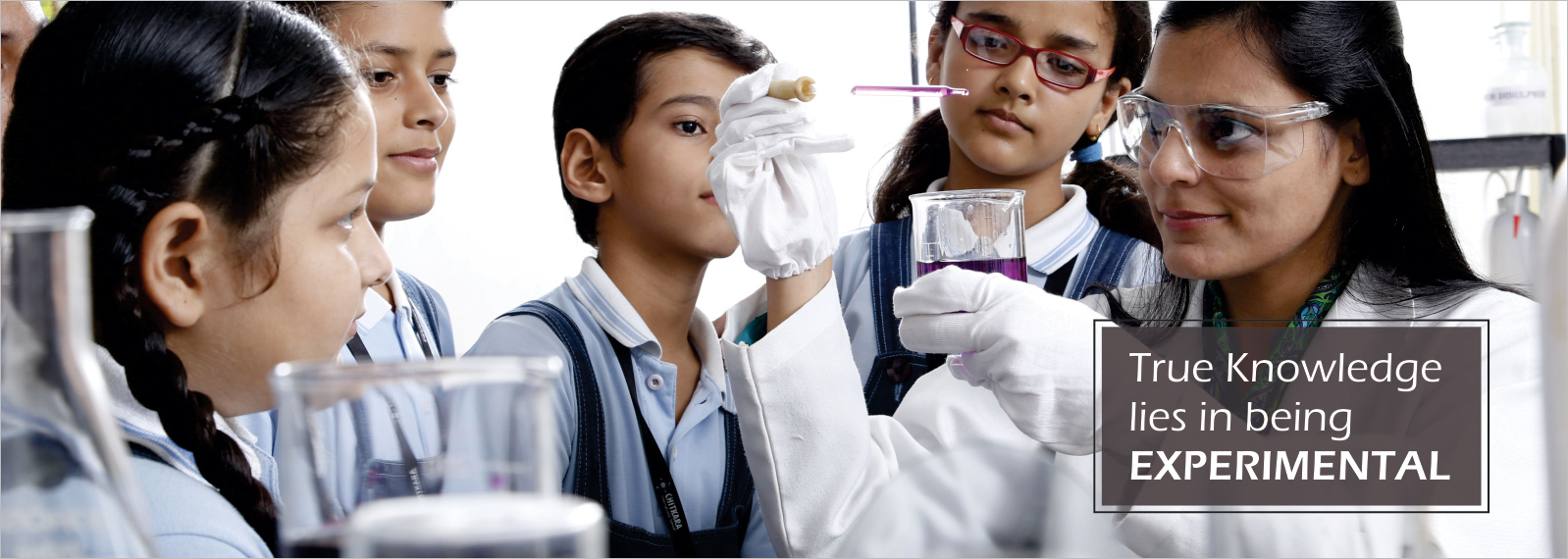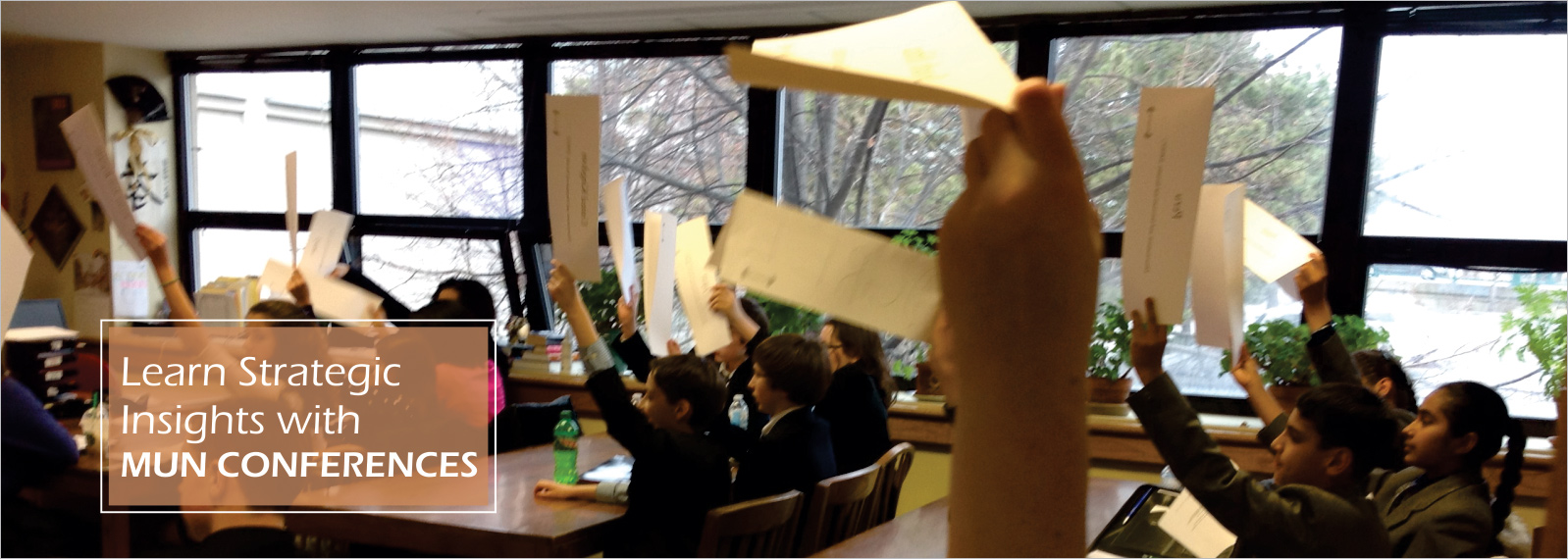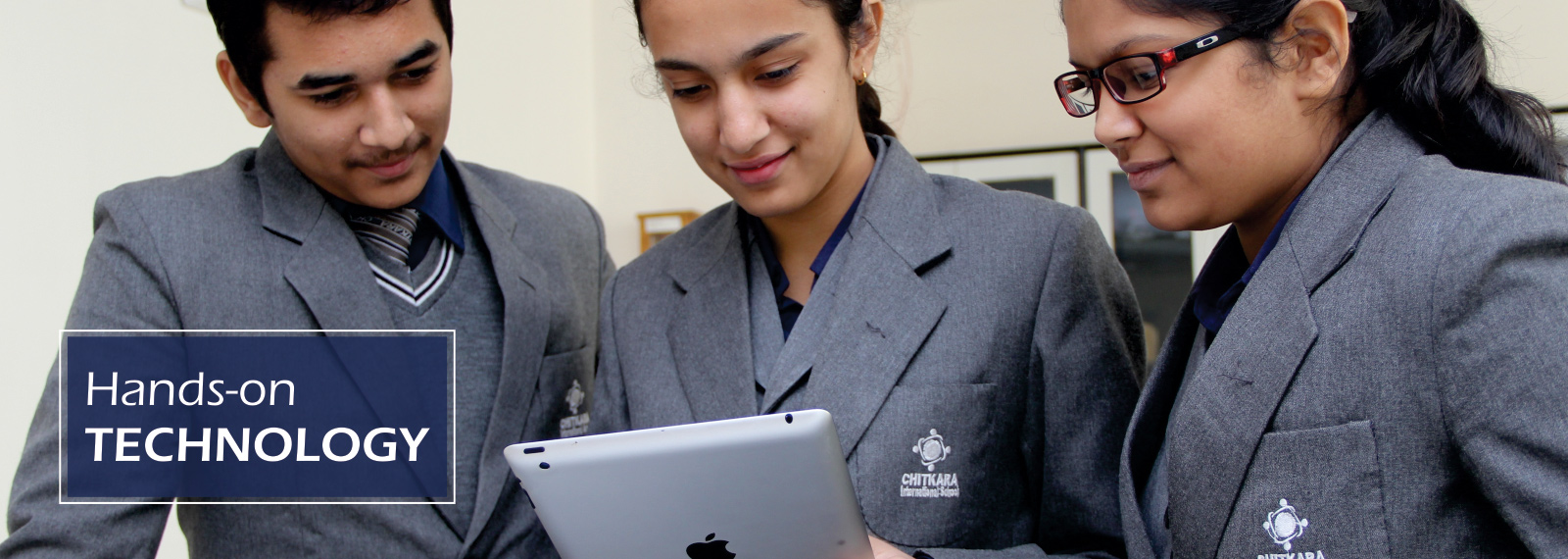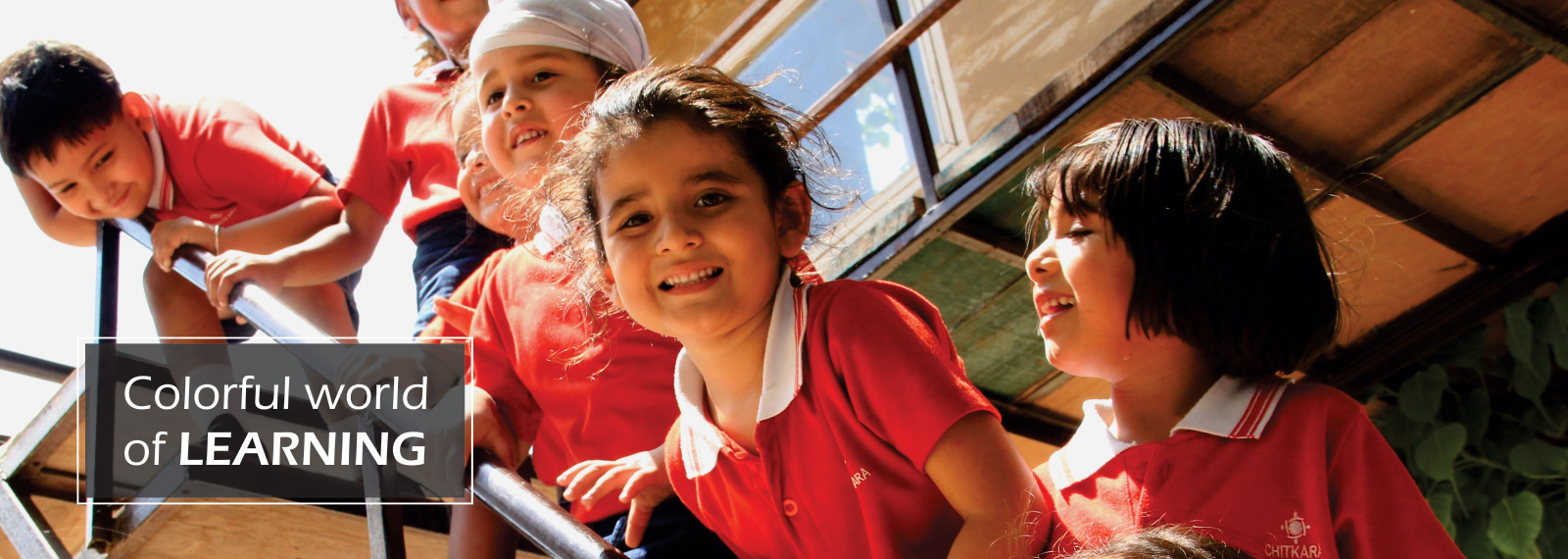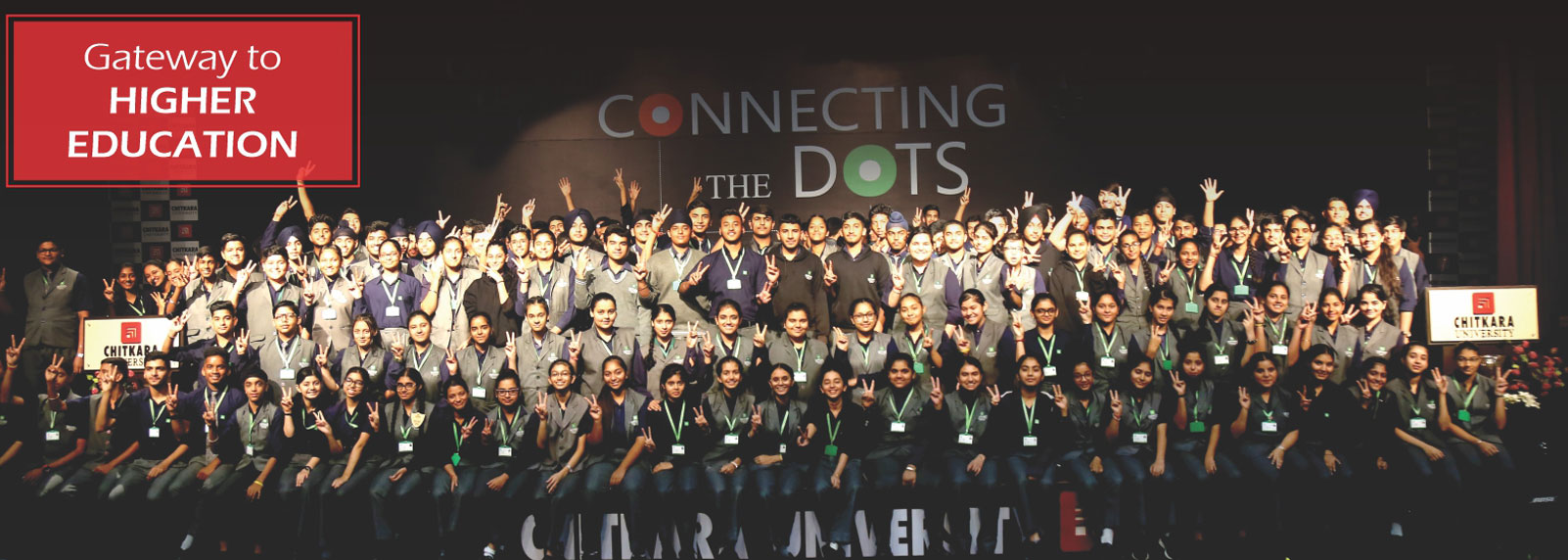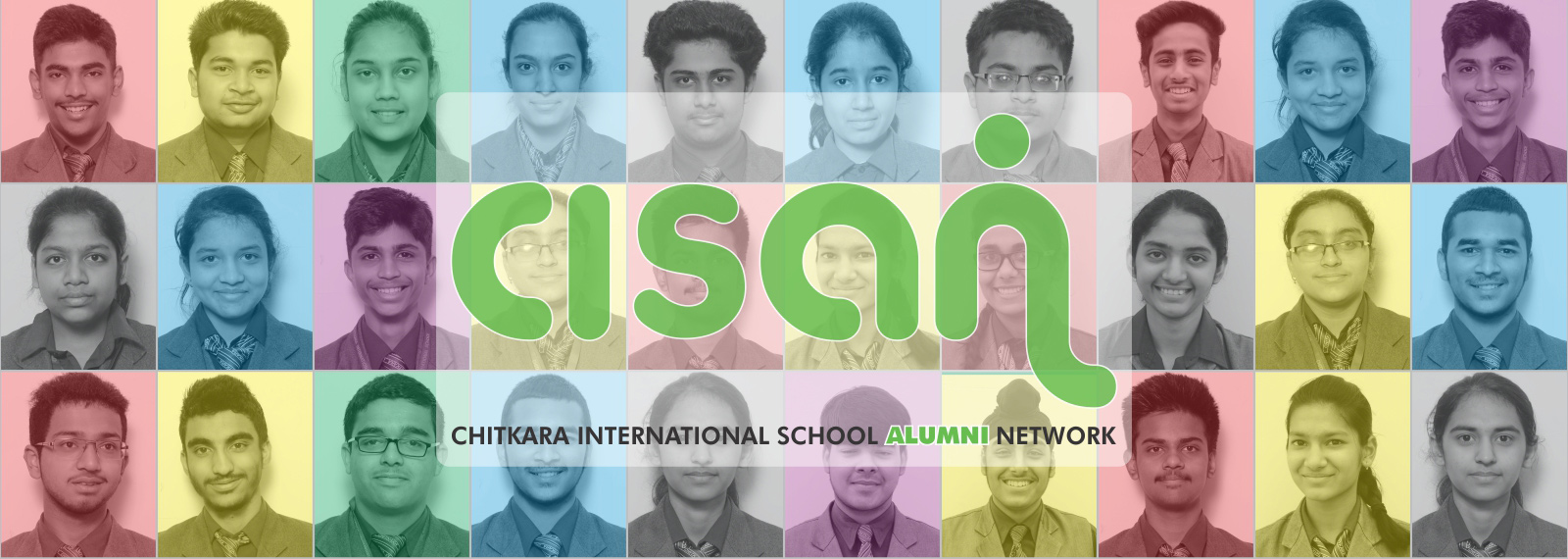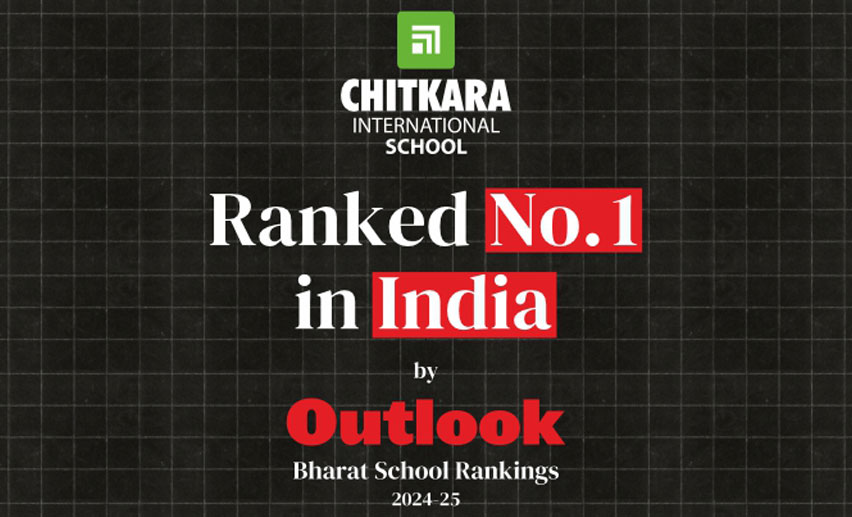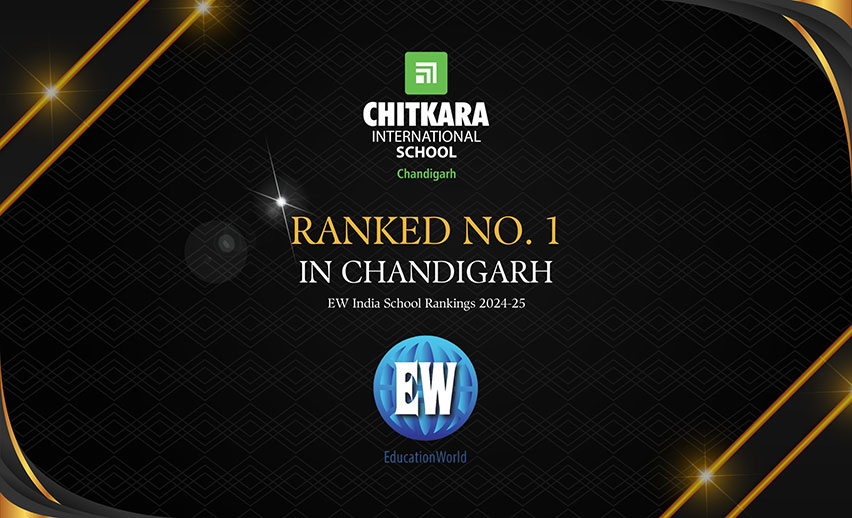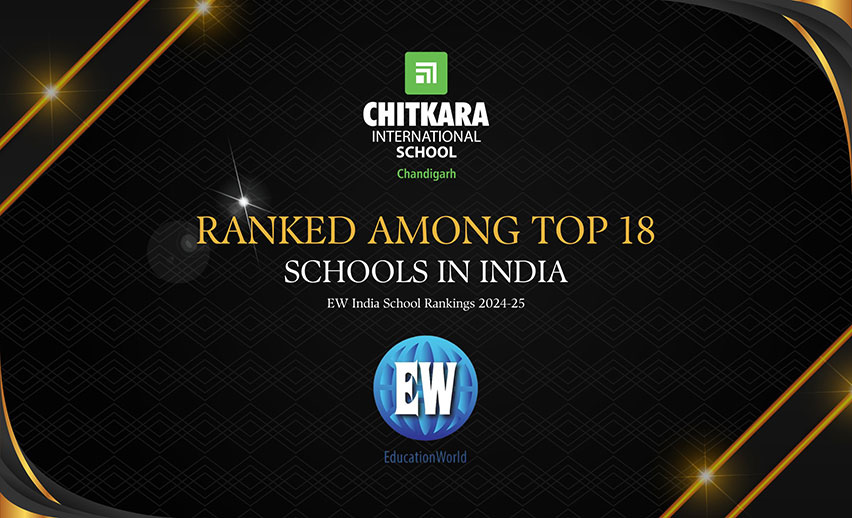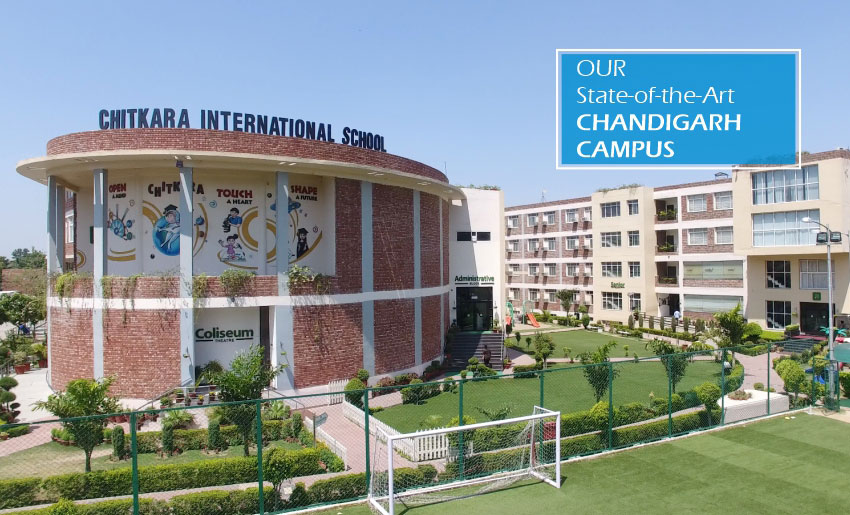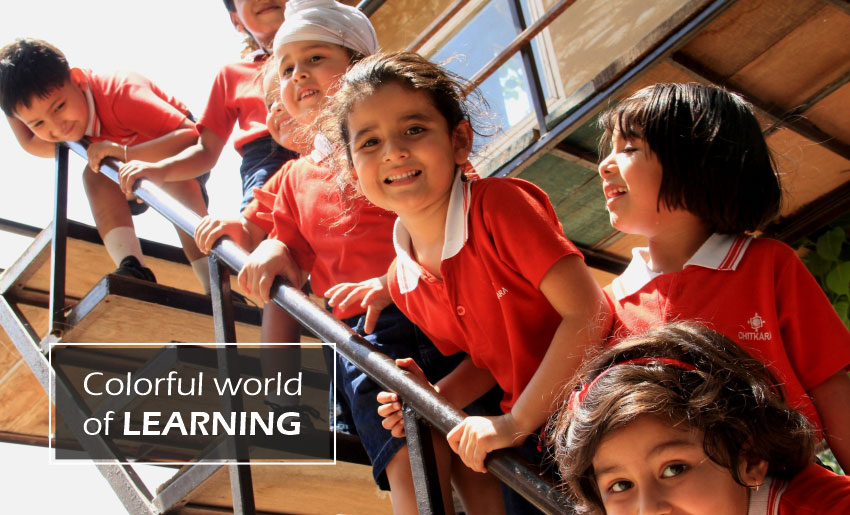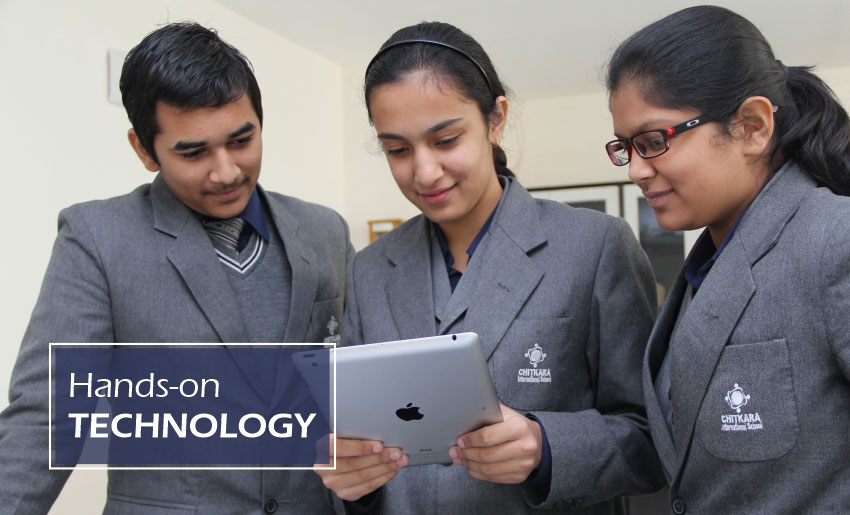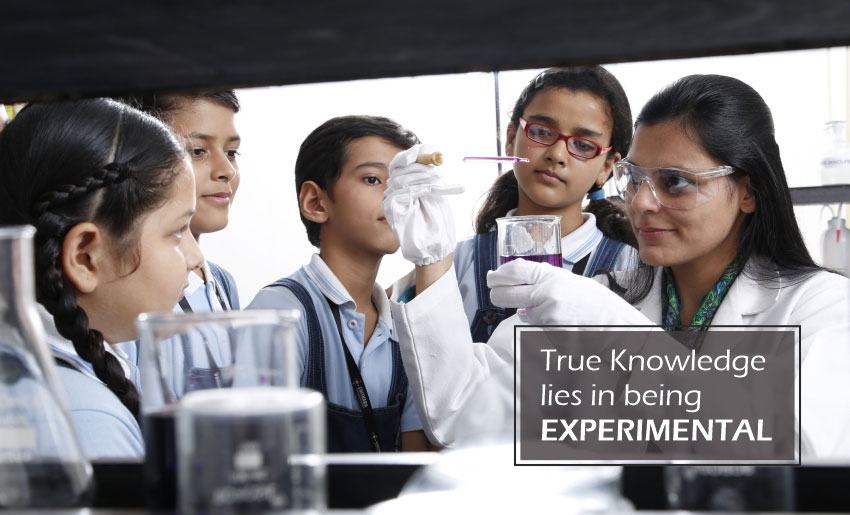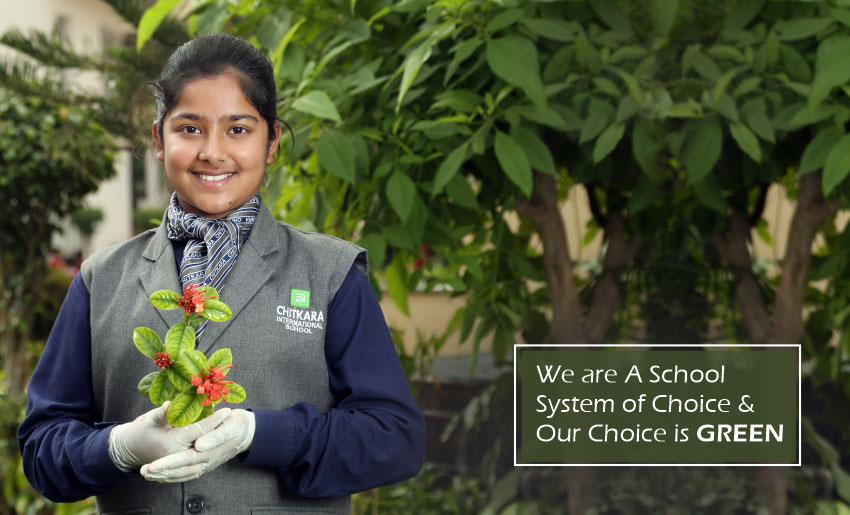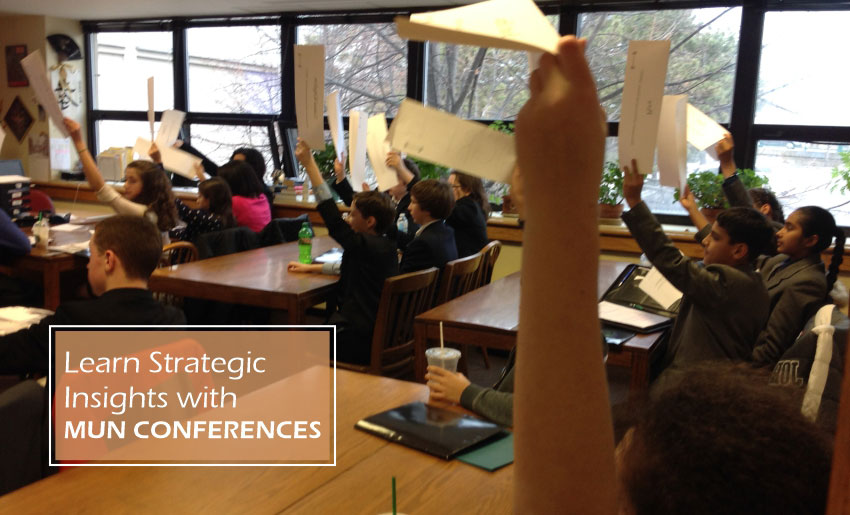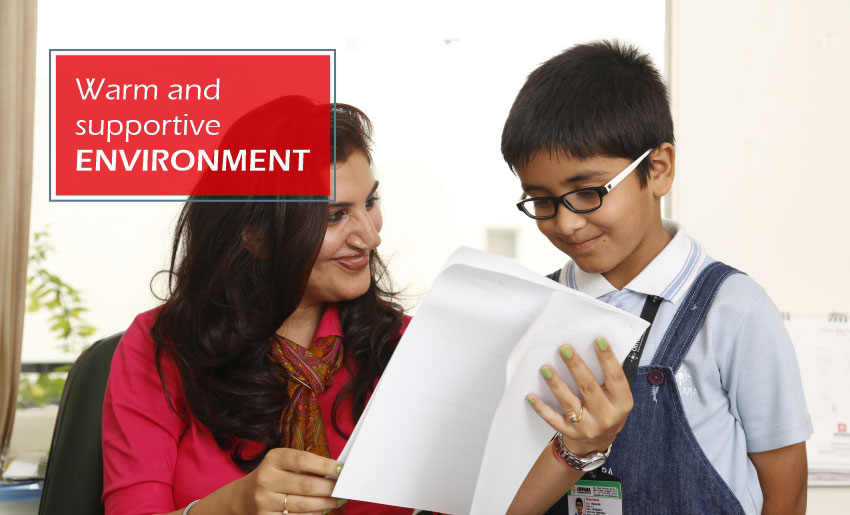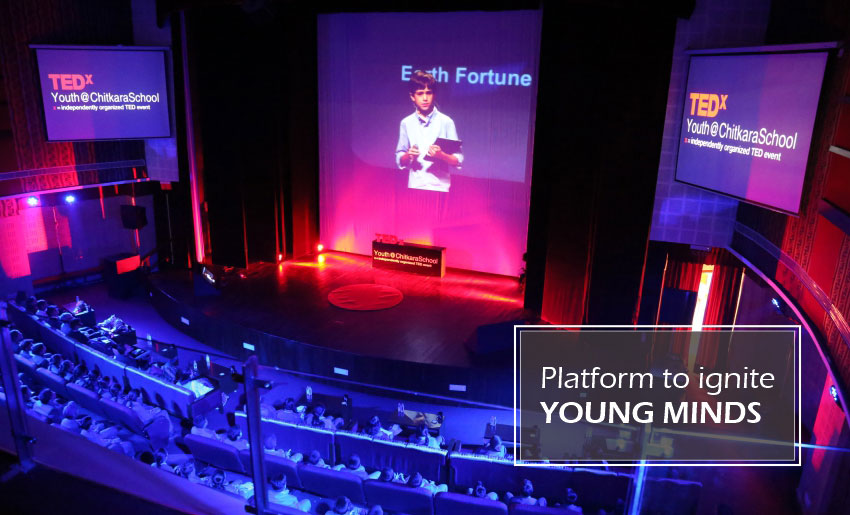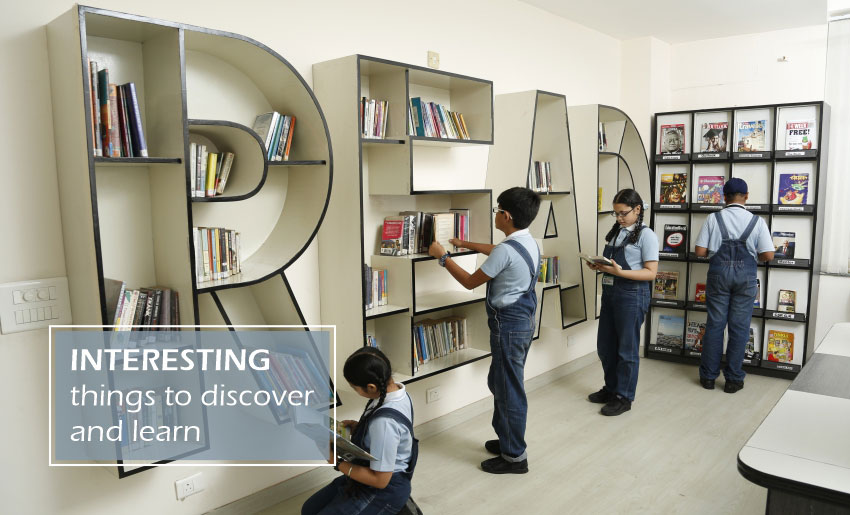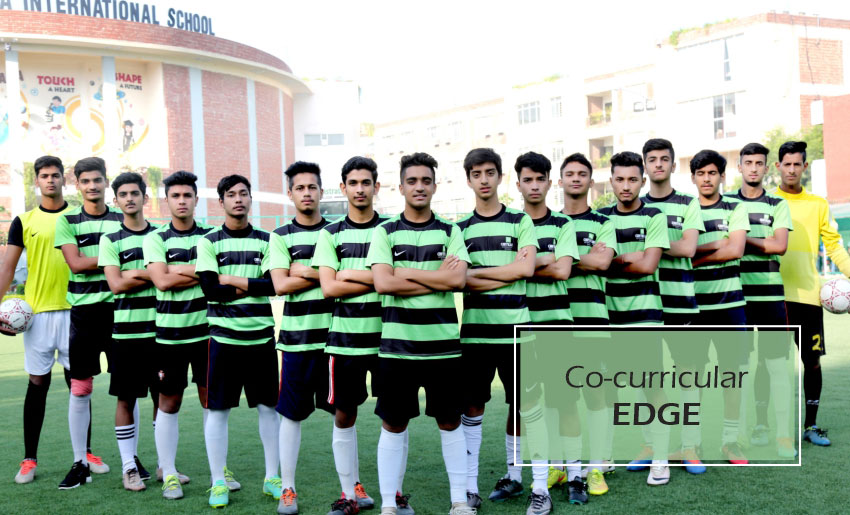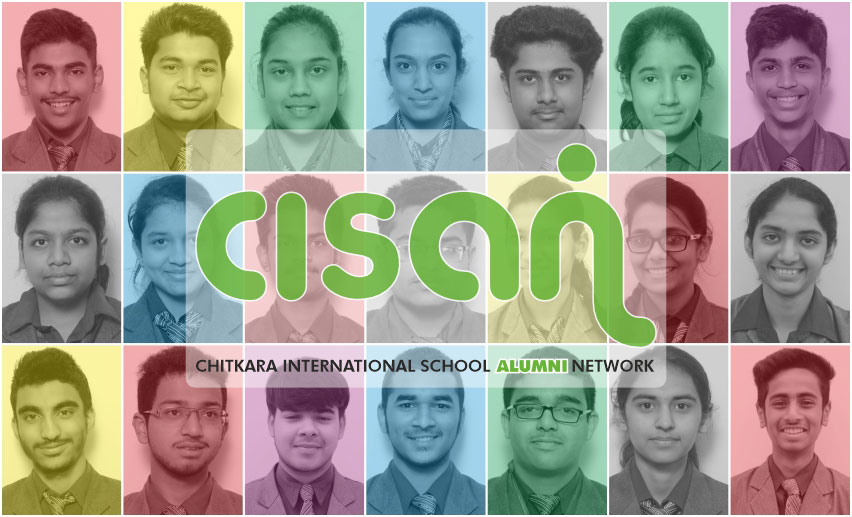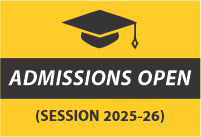Primary School Program
The Primary Programme, covering Grades 1 to 5 (for children aged 6 years and above), offers a seamless transition from the vibrant world of Kindergarten to an equally enriching environment of foundational learning. This programme has been designed in alignment with CBSE, the Sustainable Development Goals (SDGs), and the National Education Policy (NEP) 2020.
This stage of education is critical as it lays the foundation for literacy, numeracy, and other key skills necessary for future learning. It is characterised by significant absorption, observation, retention, questioning, reinforcement, and guided practice. The core components of the Primary Curriculum include:
-
Literacy in English
Children in Grade 1 demonstrate varied initial literacy levels, learning preferences, and personalities. Some require a structured approach and guidance, while others are more independent and self-directed learners. To cater to these needs, the curriculum emphasises various language skills—listening, speaking, reading (both guided and self-selected), writing, and phonetics. Activities such as the Word Wall, Word Search, and Word Web help students with pronunciation, spelling, and vocabulary development, culminating in sentence and paragraph formation.
Additionally, the innovative “Actometer” practice is employed to build self-confidence, foster independence, and enhance communication skills in Grades 1 and 2.
-
Mathematics
The Mathematics curriculum is designed to inspire a lifelong interest in the subject. Students are nurtured in an environment conducive to developing mathematical thinking, supported by user-friendly software. Opportunities are provided to hone problem-solving skills through participation in national and international Olympiads.
One of Chitkara’s innovative practices includes in-house publications developed by the Research and Development team and subject experts. For instance, Table Tackler, an in-house resource, has proven invaluable for teaching multiplication tables to students in Grades 1 and 2. Furthermore, the Dodging Table software ensures mastery of time, speed, and accuracy, helping students learn complex calculations in an interactive and engaging manner.
-
Science, Technology and Social Science
Students are introduced to various scientific and social science concepts, ranging from the early history of humanity to the latest discoveries in outer space. They also learn about computers, their components, and their applications. These areas are reinforced through hands-on activities, experiments, and research projects.
The technology curriculum is meticulously updated to reflect emerging trends in the hi-tech world, resulting in the TEK-8 programme. This programme encompasses seven modules—Computer Science, Electronics, Mobile Technology, Automobiles, Robotics, and Household Technology—equipping students with industry-relevant, hands-on knowledge and preparing them for future challenges.
-
Hindi & Other Languages
The curriculum gives equal emphasis to Hindi, the national language, enabling students to read, write, and speak it proficiently. Alongside English and Hindi, students can also explore additional languages such as Punjabi and French, ensuring multilingual growth.
-
General Knowledge and Value Education
Students are exposed to various topics through general knowledge lessons, which serve as a foundation for their future education and careers. General knowledge not only aids in competitive exams but also contributes to personality development. Value education, a crucial component of school education, is integrated into the curriculum to nurture moral and ethical understanding.
This comprehensive and innovative approach ensures that students in the Primary Programme at Chitkara International School receive a robust and holistic education, fostering their growth as confident, knowledgeable, and values-driven individuals.


